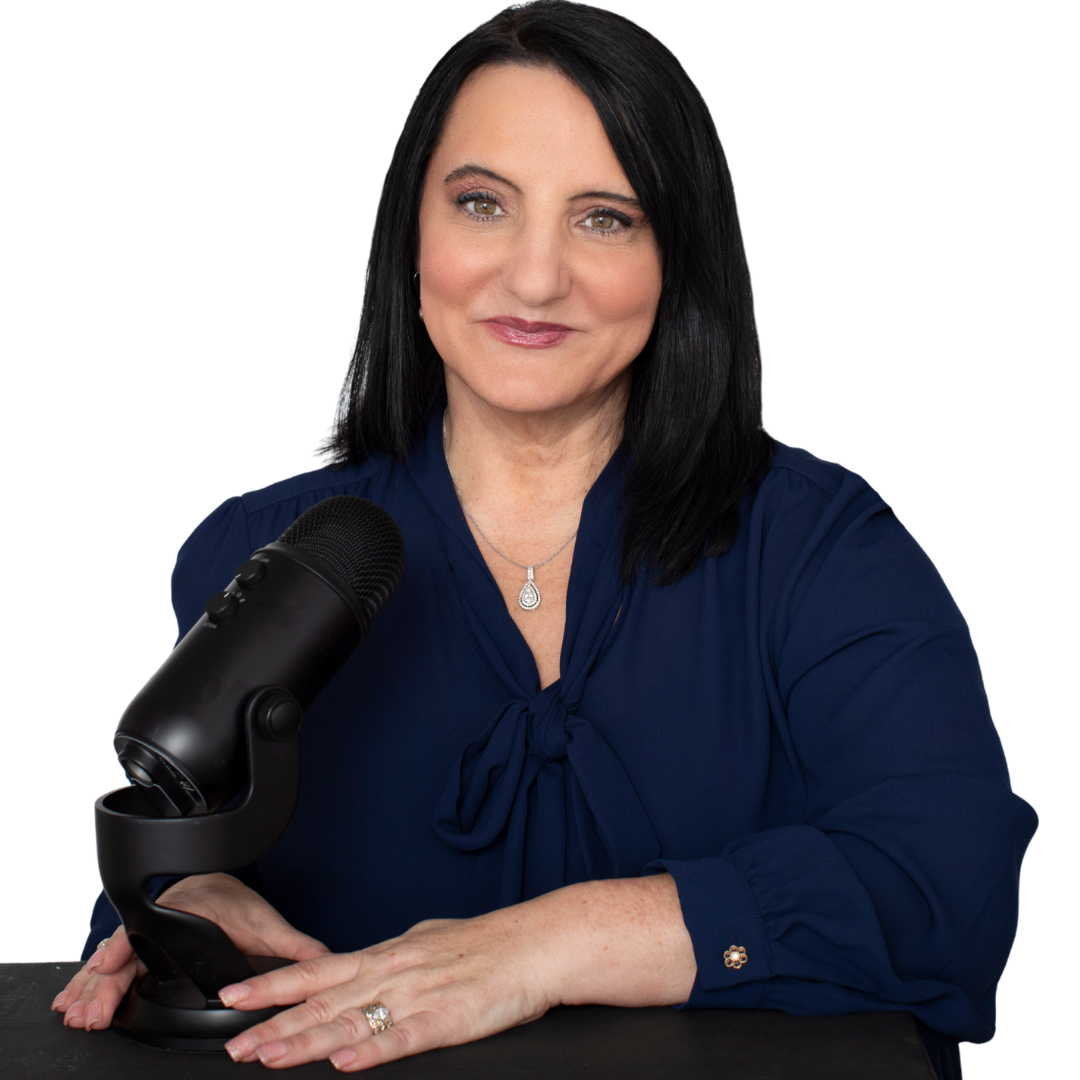[embed]https://player.captivate.fm/episode/cd268780-6488-49a9-936f-2995434d023a[/embed]Executive functioning is one of my favorite topics because it’s so misunderstood—and so fixable. These skills have nothing to do with intelligence and everything to do with how the frontal lobe organizes, plans, and prioritizes. When kids struggle to remember steps, manage time, or start tasks, it’s not laziness. It’s a brain-based skill gap. And that means we can teach it.Before you jump to medications or assume something is “wrong,” know this: you can absolutely teach executive functioning skills, even to a child who has ADHD, anxiety, dyslexia, OCD, or is neurodivergent in any way.And yes… this works at any age.
True EF issues show up across all settings—home, school, routines, relationships—not just during homework. If your child gets overwhelmed, can’t plan ahead, forgets steps, or freezes when they don’t know what to do next, those are common signs.You can have great attention and still fall apart once a task begins. That’s why EF is different from attention.Kids with ADHD almost always have EF challenges, but you can have EF issues without ADHD.Look for:
Here it is—the method teachers tell me should be taught in every classroom: Start with the end result and work backward.Kids cannot follow steps for something they cannot visualize. Their brain has no anchor. When we begin with the list or directions, they’re lost before they even start.But when we start with the outcome, everything changes.

Because it activates the visual and kinesthetic centers of the brain—areas that work beautifully for neurodivergent kids. When a child sees the goal, they naturally begin filling in the steps.This approach teaches them to:
Use visually descriptive, sensory-rich language:
Then:
When kids start talking this way, their brain is literally laying down new neural pathways. This is skill-building, not perfection.
Future thinking reduces stress because it organizes the brain. Even kids with rejection-sensitive dysphoria feel safer when there’s a visual anchor and a clear plan.And yes—this works for younger kids, teens, college students, and adults. Nobody is “too old” to learn executive functioning.If you’re tired of walking on eggshells or feeling like nothing works… Get the FREE Regulation Rescue Kit and finally learn what to say and do in the heat of the moment. Become a Dysregulation Insider VIP at www.drroseann.com/newsletter and take the first step to a calmer home.🗣️ “Pills are not skills. Executive functioning must be taught—and starting with the end result is the most powerful way to build the brain.” — Dr. Roseann
Executive functioning thrives when your child can see the goal, map the steps, and follow a clear mental plan. Start with outcomes, stay consistent, and celebrate small wins. Next, listen to the episode on Executive Dysfunction Explained: Why Your Child Can’t Start (or Finish) Anything to deepen your understanding. You’re doing an amazing job.
Yes. Visualization activates brain pathways that help kids and adults plan more effectively.
Use gestures, photos, modeling, and simple step-by-step walkthroughs to build the skill gradually.
Absolutely. Visualizing the end reduces overwhelm and gives their brain a manageable roadmap.
No. Checklists come after your child can picture the outcome. Without the visualization, lists don’t stick.Not sure where to start?Take the guesswork out of helping your child. Use our free Solution Matcher to get a personalized plan based on your child’s unique needs.Start here: www.drroseann.com/help

